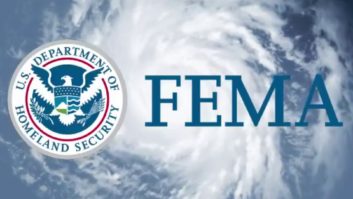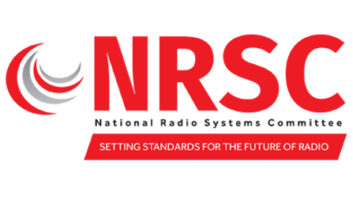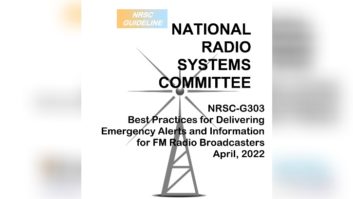
Sixty of the 63 Primary Entry Point stations “functioned according to plan” during the national EAS test while three didn’t; regulators are trying to figure out what didn’t work and why.
That, says Rep. Greg Walden, R-Ore., is what representatives from FEMA and the FCC told him and three other members of the Communications and Technology Subcommittee of the House Commerce Committee during a private briefing on Thursday here in Washington.
The subcommittee chair told reporters afterwards that the FCC has now heard from some 60% of stations; of that number, about 78% told the FCC they were able to receive and re-transmit the test.
In Walden’s state of Oregon the test didn’t work; he said in response to my question that Oregon has no PEP station at present but is slated to get two, in Eugene and Portland, with construction to begin this winter. As we’ve reported, the PEP system is being expanded.

Shutterstock © Stephen Finn
Stations on the east side of Oregon actually received the alert from neighboring Idaho but the rest of Oregon got no alert, he said.
Asked whether there was any commonality at the failure points, Walden said regulators are still evaluating what happened and would get back to the subcommittee about that.
“You hope to never have to use the system, but if there comes a day where you have to use the system, we better make sure it works. What they’ve proven is it sort of works. That’s not good enough.”
Walden, a former broadcaster, believes there will be another national test once more is known about what happened; he commended regulators for conducting the test.
“Their report was very helpful and they answered most of our questions,” he said. Walden has not asked for a formal report on the findings but says regulators will keep in touch with the committee and says at some point he expects the gist of what occurred will be made public.
He doesn’t think a hearing on the issue is necessary. “I think they’re on it. I think they get it. I think they want to make it work,” Walden said in response to my question about his overall reaction to what regulators were telling lawmakers.
FEMA IPAWS Division Director and Project Manager Antwane Johnson and FCC Public Safety and Homeland Security Bureau Chief Jamie Barnett briefed lawmakers, who, in addition to Walden, included Marsha Blackburn, R-Tenn., Donna Christensen, D-V.I. and Anna Eshoo, D-Calif.












